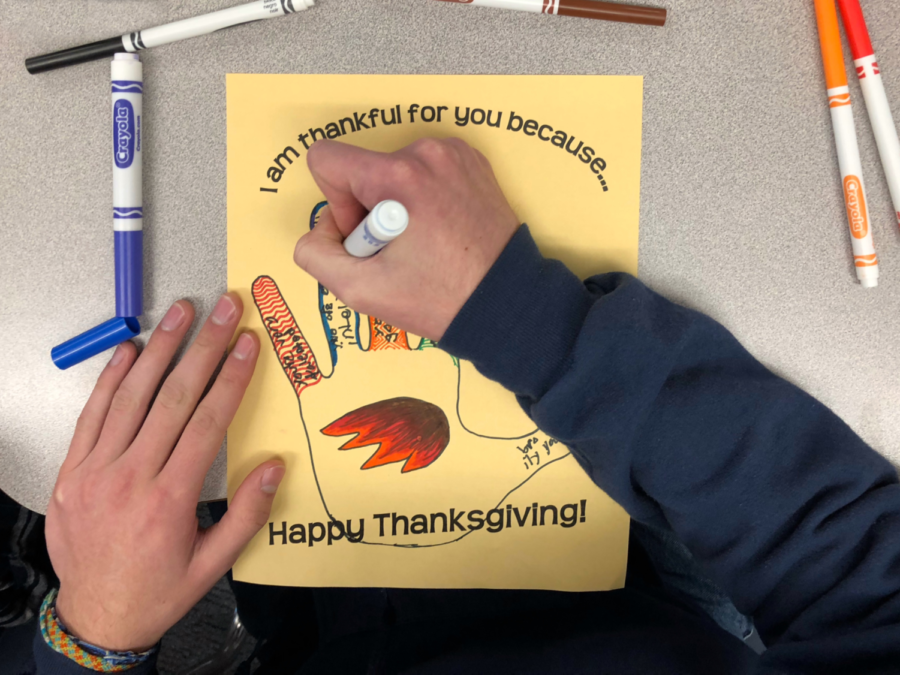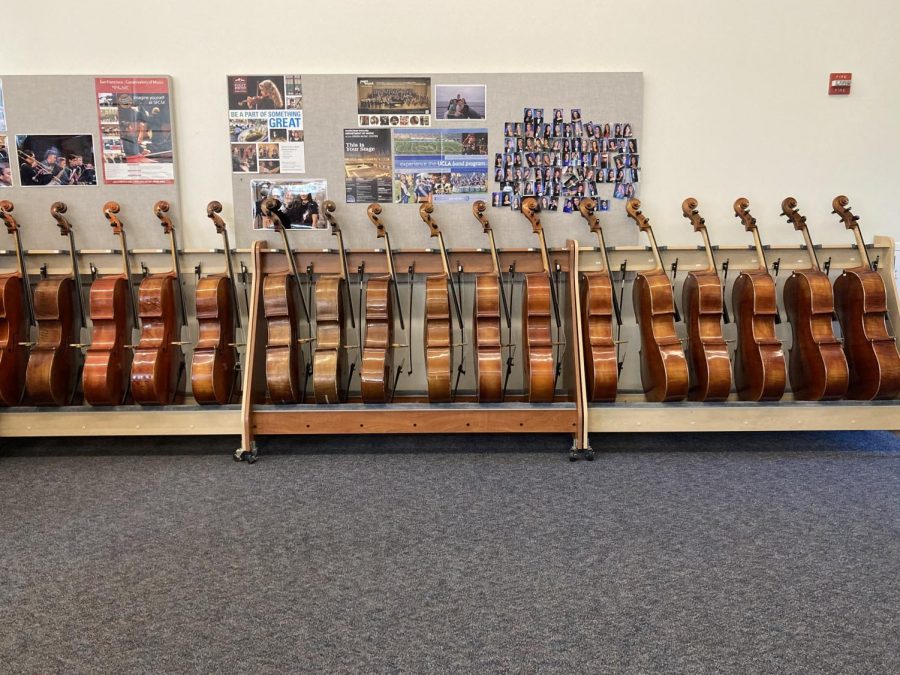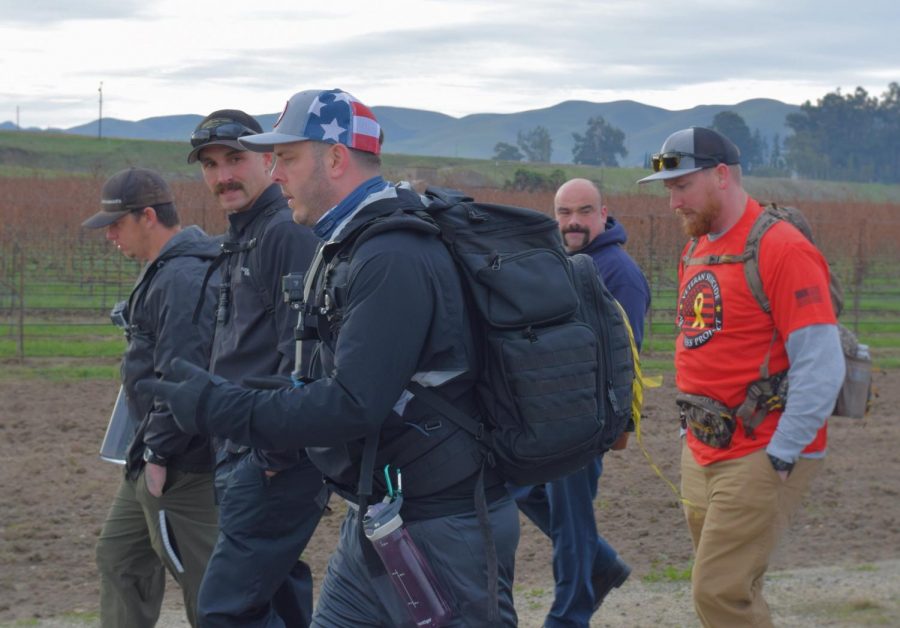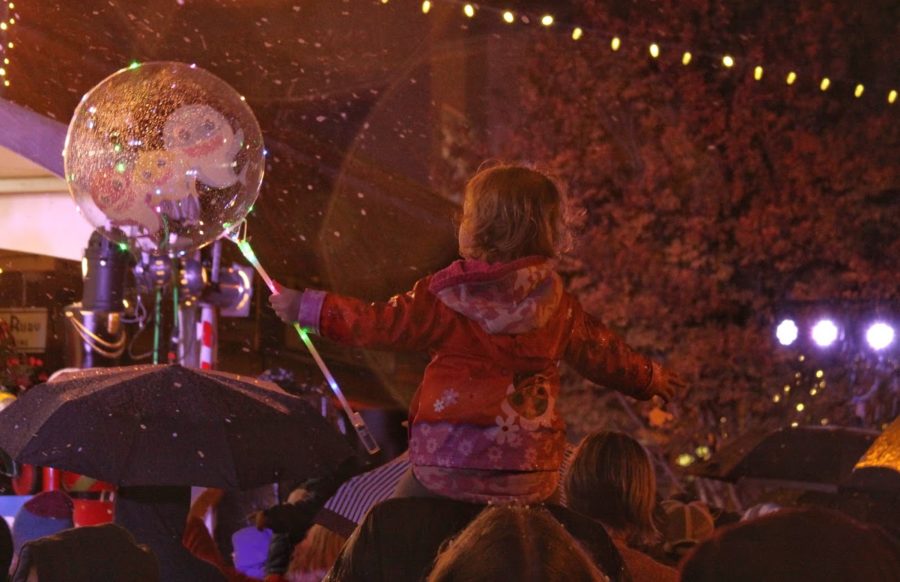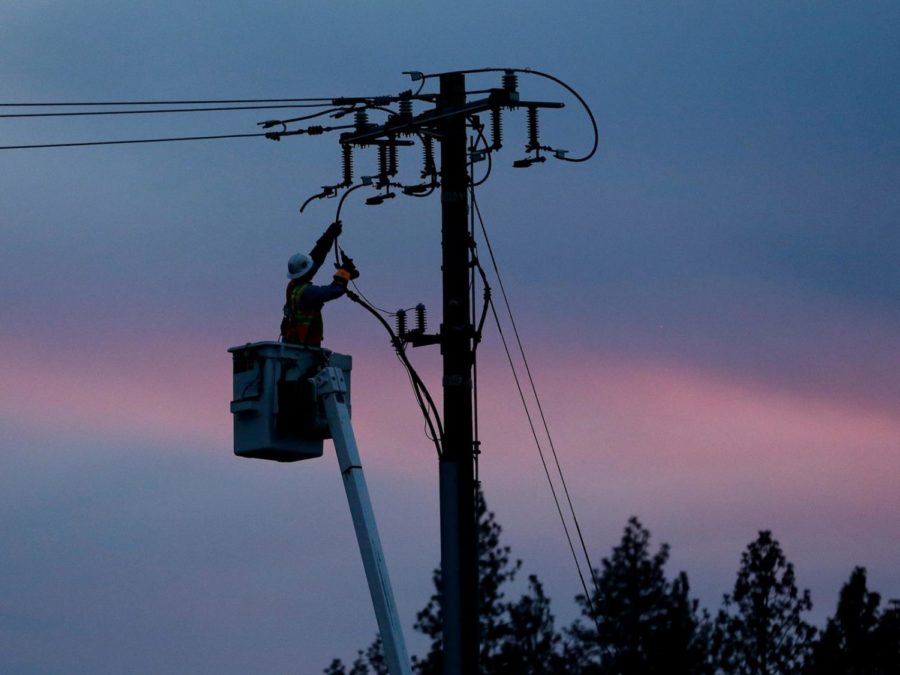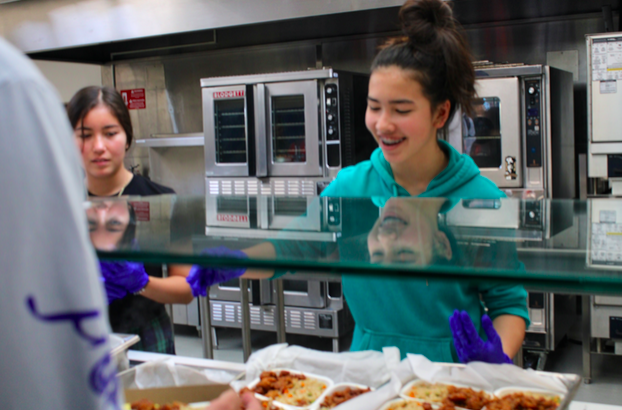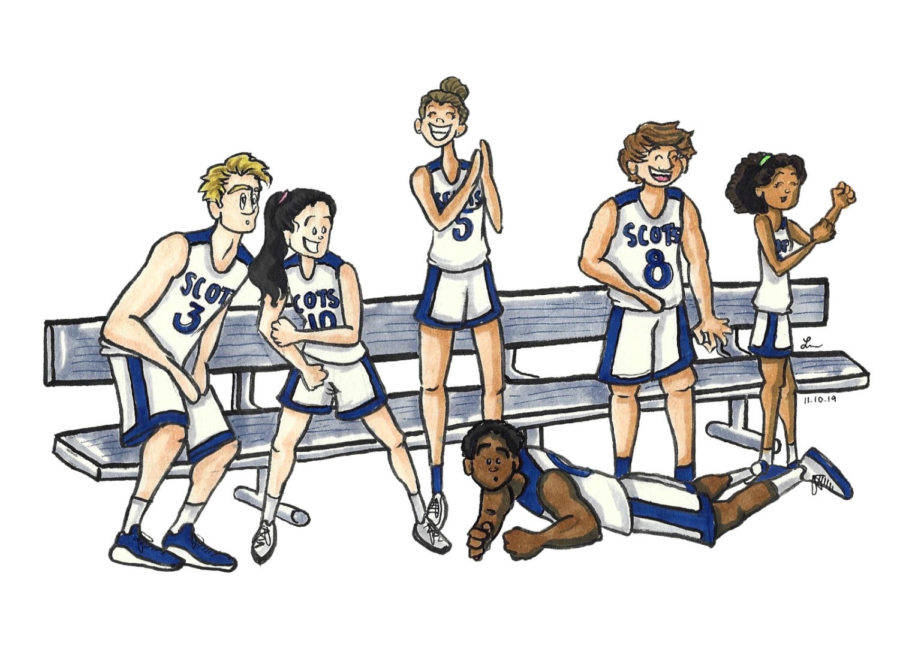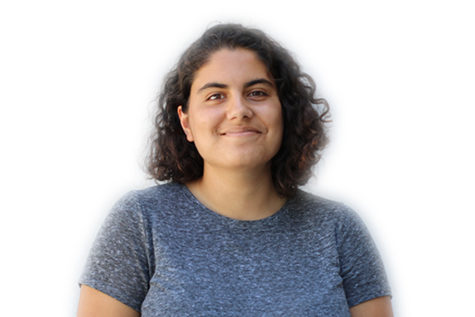Our Thanksgiving gratitude is a lie to our families.
We spend Thanksgiving saying we’re grateful for the people we’re around, such as the family we may only see once a year. Maybe we only remember to be grateful for them this one time. But the gratitude we express isn’t genuine; it’s forced by the nature of the holiday.
When we feel like we’re supposed to be grateful, we’re not; think about the “Thank You” cards you write after your birthday. Personally, I write a template, sit in front of the TV, and churn out 10 cards in as many minutes. That doesn’t scream authentic gratitude to me.
What is authentic, though, is gratitude when it’s not expected. Instead of – or in addition to – expressing our gratitude on Nov. 28, we should do it on any day of the month, simply because we feel like it.
Positive psychology has shown that gratitude increases our health, happiness, and ability to maintain strong interpersonal relationships. But this only works when we’re genuinely grateful, and I don’t believe that it can be forced on one Thursday every year.
As well as being grateful for our family and friends, we should be grateful for the negatives in our lives. Having gratitude for the moments we regret or even the people we resent can help us grow. When something bad happens to us, or when someone hurts us, our instinct is to feel angry or upset. I do believe that instinct is valid, and we should not simply forgive and forget. But I also believe we need to take the time to recognize how we’ve grown from adversity.
Recently, when dealing with a frustrating situation, a piece of advice I was told was to write “Thank You” cards to every person I was frustrated with. I’ve done this a few times since, and whether I keep these cards or give them to their intended recipient, I feel better about the whole situation afterward. And I don’t treat these cards the same way I treat my birthday “Thank You”s; I actually take the time to be grateful.
Gratitude, I’ve learned, takes time. It’s not about forgiveness, and it’s not entirely selfless. It’s about the completely unpolitical recognition of our privilege to know the people we know and to grow from our experiences, good or bad.
We should be grateful for our families, and we should try to follow the Thanksgiving spirit of gratitude. But gratitude doesn’t need to be limited to this one day, and it doesn’t need to be limited to the positives in our lives.

